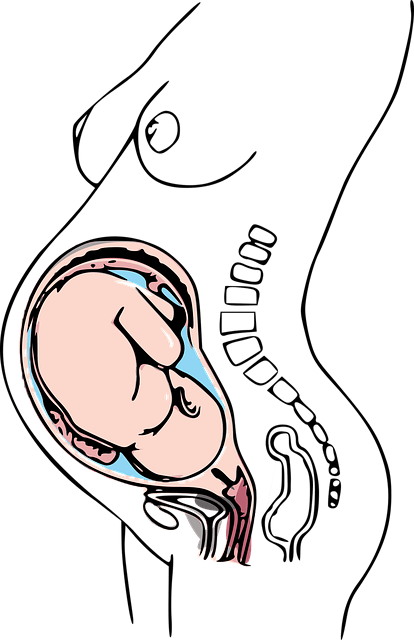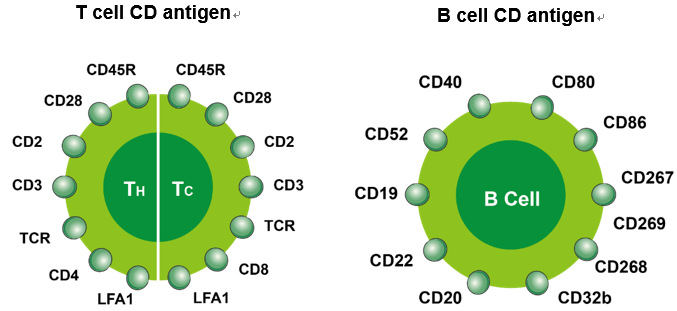Hepatitis E Virus (HEV) infection is usually a self-limiting disease with a low rate of fulminant hepatic failure but maternal hepatitis E during the third trimester of pregnancy is a cause of fulminant hepatic failure with a mortality rate of upto 20%.

Severe liver injury due to HEV in pregnancy can be due to the following reasons:
- Immunological changes: to prevent rejection of antigenic fetus
- shift in TH1/TH2 balance towards TH2 favoring increased viremia and with subsequent increase in TH1 response to HEV, there may be CD8 T cell mediated liver damage
- physiological downregulation of NF-kB p65 component favoring increased apoptosis and degeneration of liver
- Hormonal changes: progesterone, estrogen and human chorionic gonadotropin (HCG) increase with pregnancy and these are immuno-suppresives and enhance viral replication
- Viral factors:
- Genotypes: Of the 4 genotypes, genotype 1, is associated with more severe infection in pregnancy
- Viral load
- ORF-1 mutation
- Maternal factor: Malnutrition

Navaneethan U, Al Mohajer M, Shata MT. Hepatitis E and pregnancy: understanding the pathogenesis. Liver Int. 2008 Nov;28(9):1190-9. doi: 10.1111/j.1478-3231.2008.01840.x. Epub 2008 Jul 25. PubMed PMID: 18662274; PubMed Central PMCID: PMC2575020.
References:
- Shalimar, Acharya SK. Hepatitis e and acute liver failure in pregnancy. J Clin Exp Hepatol. 2013 Sep;3(3):213-24. doi: 10.1016/j.jceh.2013.08.009. Epub 2013 Sep 5. PubMed PMID: 25755503; PubMed Central PMCID: PMC3940148.
- Sleisenger and Fordtran’s Gastrointestinal and Liver Disease- 2 Volume Set – 9th Edition


